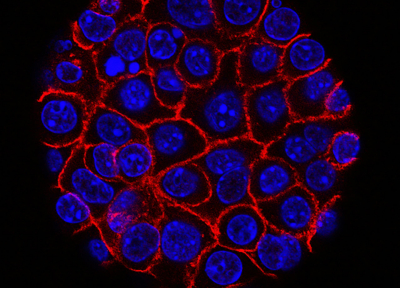Connecting You to Science That Protects Your Health
Developed by the American Association of Immunologists and their expert members, Immunology Explained connects immunology to overall health, helping people understand its link to common concerns such as allergies, childhood vaccines, infection, and even cancer.
As an objective, independent, and trusted resource, our content is research-backed and vetted by expert immunologists, promoting a deeper understanding of immune health that can help people and their loved ones live longer, healthier lives.



Popular Topics

Get Started
Go to What is the Immune System?
What is the Immune System?
Go to Parts of the Immune System
Parts of the Immune System
Go to Antibody and Antigen
Antibody and Antigen
Go to How Vaccines Work
How Vaccines Work
Latest News

Autoimmune Disorders
Understanding Rheumatoid Arthritis: What your joints wish you knew

Allergies
How Does a Tick Bite Cause a Red Meat Allergy?
Featured Videos

Cancer
Exciting Breakthroughs in Pancreatic Cancer Research

Autoimmune Disorders
Answering Your Questions About Autoimmune Disorders
Mission
The mission of Immunology Explained is to improve public awareness and understanding of immunology, immunological research, and its impact on all aspects of health.

